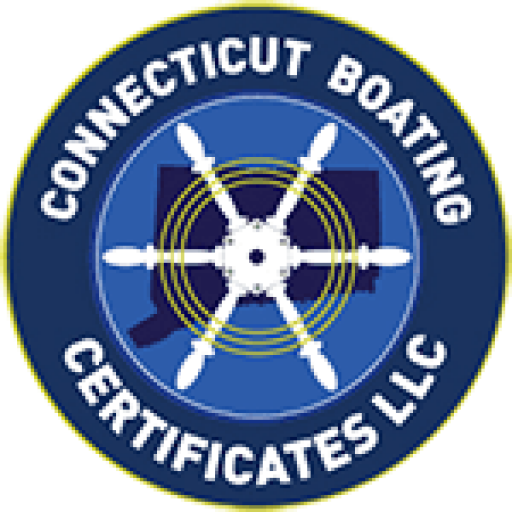Call: 1-800-832-7191
Boating: Lifeguarding Manual eBook
Boating: Lifeguarding Manual eBook Empowers Safer Water Adventures Boating: Lifeguarding Manual eBook offers essential guidance for water safety professionals and recreational boaters alike. This resource improves emergency response and prevention. Whether you’re patrolling a lake or supervising a marina, knowledge saves lives. With clear instructions and practical tips, this eBook prepares you for real-world situations. Why Boaters Need Lifeguarding Knowledge …
